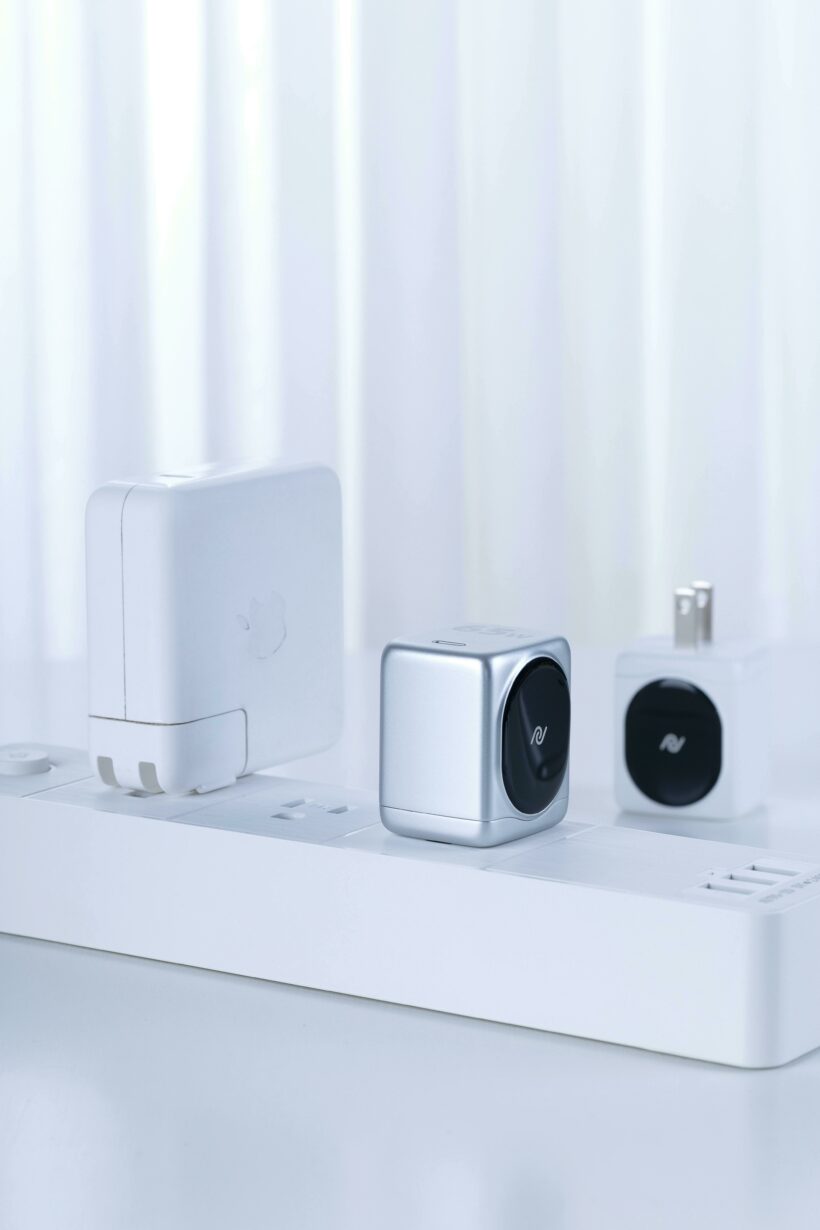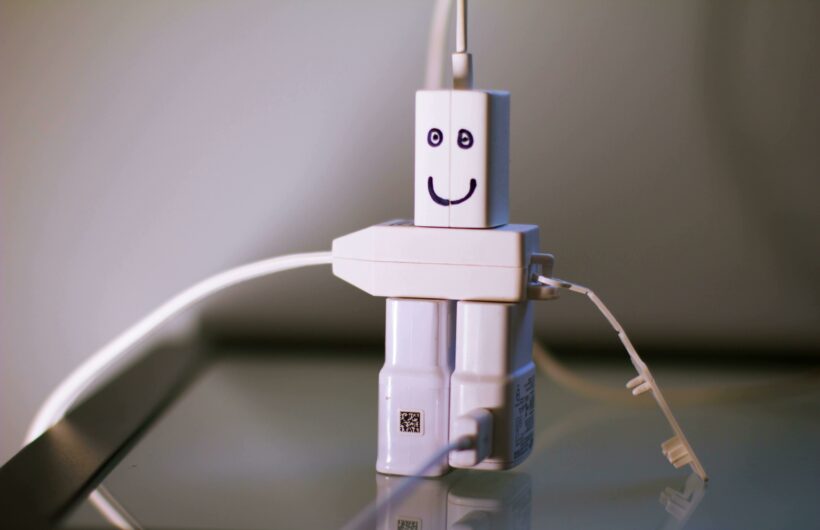
Smart plug or smart outlet? How to choose the most energy efficient power solution for your home
Let’s be honest: There’s nothing like the thrill of finding a new way to lower your electricity bill as a homeowner. Managing your energy consumption more effectively is the best way to do so: this way your lifestyle is not impacted, but your energy costs will be. Two popular options for controlling your power usage are smart plugs and smart outlets. While both solutions offer convenience and automation, choosing the right one depends on your specific needs for energy efficiency and convenience.
Understanding the difference between smart plugs and smart outlets
Before deciding which option is best for your living situation, it’s essential to understand how each smart solution works.
Smart plugs are small devices that you plug into a traditional electrical outlet, before plugging in the electrical appliance you want to use, like a lamp, mixer or laptop charger. It allows you to control any device connected to it via an app or voice command to your smart speaker.
Smart outlet sockets are a built-in wall solution, and therefore replace your traditional electricity outlets. Their smart capabilities enable homeowners to remotely control and automate plugged-in appliances without the need for an additional adapter.
Let’s elaborate a bit further on the differences, similarities and usage between both smart solutions.

Smart plugs: A budget-friendly, temporary solution for an energy efficient power supply
What are the benefits of smart plugs for homeowners?
Smart plugs offer an easy and cost-effective way to introduce smart technology into your home. Their key benefits include:
An easy installation process: Simply plug them into existing outlets—no need for wiring or professional installation.
Portability and flexibility: Easily move your smart plugs around to different rooms or devices as needed.
Budget-friendly smart solution: Smart plugs have a low entry cost, and are therefore more affordable than installing multiple smart outlets throughout the home. Beware: once you want to add smart plugs in every room, it might be more interesting to opt for the integrated solution of smart outlets.
Remote control and scheduling: Turn appliances on and off from anywhere using a smartphone app or voice assistant.
Energy monitoring features: Some smart plug models provide insights into the power consumption of the plugged appliance, providing insights into the total amount of energy you saved.
What are the downsides of smart plugs for homeowners?
Funnily enough, the main limitation of a smart plug is its portability and flexibility. The device sticks out of your wall, which might be troublesome for the available space. In addition, smart plugs are a temporary quick fix rather than a longlasting solution for energy management.
When to choose smart plugs over smart outlets?
If you want to experiment with smart technologies, if you want to explore the capabilities of energy management based on home automation, or if you simply want to reduce energy consumption for a select amount of devices or action - in those cases we’d recommend trying out smart plugs. You’ll quickly and immediately see results for yourself!
Opt for smart outlets if you want a longlasting power solution
What are the benefits of smart outlets for homeowners?
For those looking for a permanent, integrated and aesthetically pleasing smart home solution, smart outlets provide many benefits:
Seamless integration: No bulky adapters anymore, because smart outlets are built directly into the wall, offering a clean look and integrated energy solution
Long-term energy savings: Smart outlets are ideal for high-energy-use appliances, such as dishwashers, washing machines or fridges, maximizing efficient power management over time.
Whole-home automation: Works seamlessly with home automation systems like KNX, Alexa, or Google Home. Just like smart plugs, they offer the benefits of remote control and scheduling. Additionally, smart power outlets are able to communicate with other smart devices, ensuring minimal manual commands from homeowners.
Convenience in every room: Choosing smart outlets makes sure that you can enjoy their energy saving benefits in every room, at any time.
Enhanced safety: Reduces the risk of electrical hazards from loose connections or overloaded extension cords.
When to choose smart outlets over smart plugs?
If you’re looking for a longlasting, energy management solution that requires 0 extra effort from you as a homeowner, smart outlets are definitely your best option. The entry costs are higher than for smart plugs, and you’ll also have to contact a professional installer to oversee the wiring, but the convenience and energy savings afterwards will be unparalleled. They also seamlessly integrate with your current smart home system, like KNX.

Smart plugs vs. outlets: Which smart solution saves more energy?
Both smart plugs and smart outlets contribute to energy efficiency compared to traditional outlets. Both options help eliminate phantom power waste by allowing users to turn off devices completely when not in use. On a yearly basis, smart power outlets and plugs could save an average household up to €100.
The impact of these smart energy solutions, however, depends on their use in your home.
Smart plugs are great for devices that don’t need constant connectivity, such as lamps, coffee makers, or fans.They also come in handy if you’re using devices that don’t have a fixed place in your home, like charging your laptop or phone.
Smart outlets can actually be used by all your electrical devices. But it’s true, they provide a more integrated approach, making them better for high-powered appliances like refrigerators, home entertainment systems, or HVAC units.
More energy saving tips with smart technology? Read KNX's complete guide on Sustainable Smart Living.


